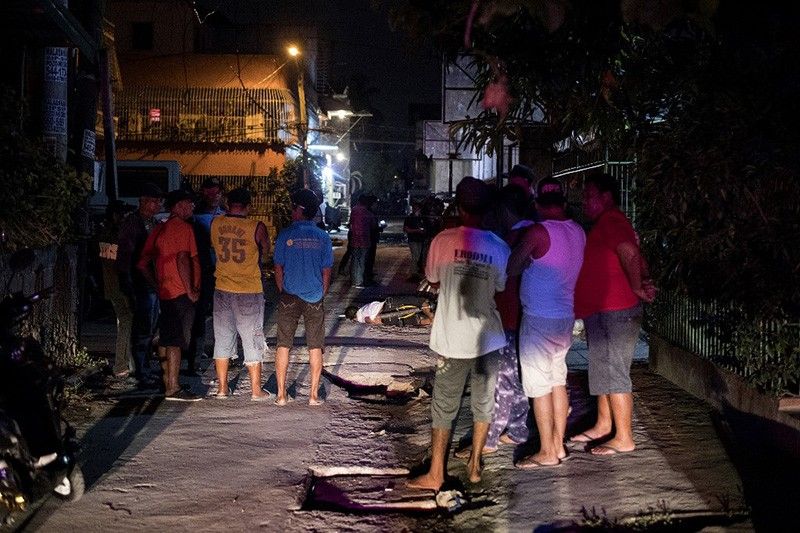Dismissal of charges vs police in drug war shootout justifies ICC probe —Int'l law group

MANILA, Philippines — The dismissal of charges against four police officers accused of killing civilians in an Oplan Tokhang operation justifies the need for the International Criminal Court to continue its drug war probe, a lawyer's group specializing in international law said.
The Office of the Ombudsman this week dropped both criminal and administrative charges against police officers Emil Garcia, Allan Formilleza, James Aggarao, and Melchor Navisaga. These four officers are accused of killing four civilians during the conduct of its anti-illegal drugs operation in Barangay Payatas in August 2016.
One civilian who survived the incident by playing dead later testified against the cops but was also arrested and accused of shooting the police personnel. He was cleared by a Quezon City court in March.
“The dismissal of charges by the Ombudsman also reinforces the necessity for the International Criminal Court to exercise its jurisdiction in order to prosecute the masterminds behind the thousands of extrajudicial killings during the Duterte years,” CenterLaw said.
CenterLaw added that it “laments the fact that while the Ombudsman acknowledged the deaths of the victims in the hands of the policemen, and notwithstanding very clear irregularities in the police operations and glaring inconsistencies in the policemen’s sworn statements, it still cleared the respondent-police officers not only of criminal liability but also of administrative liability.”
The ICC on Tuesday denied the appeal of the Philippine government to pause its investigation into the drug war killings carried out under former President Rodrigo Duterte. This greenlights the international court's prosecutors to issue arrest warrants in the Philippines, although the justice department said it will not execute warrants of arrest that the ICC may issue.
During Duterte’s drug war, at least 6,200 people were killed in police operations, according to government data. However, the actual death toll could be twice more — from 12,000 to 30,000 — based on estimates by human rights groups.
- Latest
- Trending


































